8 Realities No One Tells You About Caring for Pets While Battling Cancer
Dealing with a cancer diagnosis can feel like you’re caught in a whirlwind of treatments—appointments piling up, emotions ping-ponging, and meds everywhere. But through it all, your pet stares at you like you hung the moon. This guide dives into the unfiltered, often funny, sometimes messy realities of managing your pet’s needs while prioritizing your own.
Your Doctor Needs to Meet Your Pet (Sort Of)
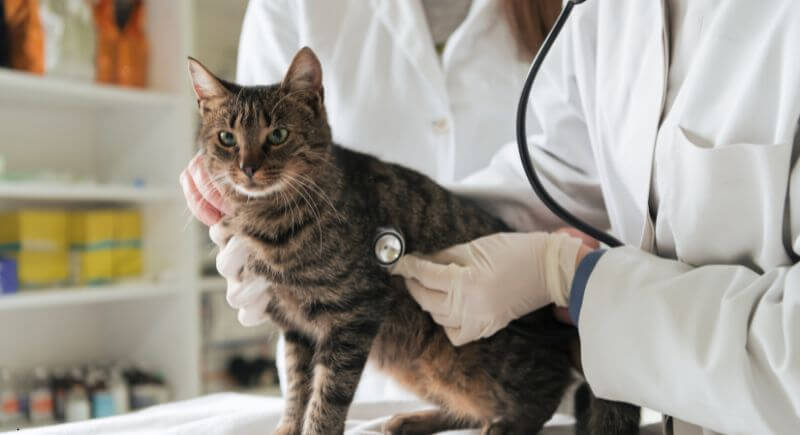
Credit: dotshock
Before you suit up for battle with cancer, take a sec to talk to your doctor about the furry (or feathered) co-stars in your life. Seriously—your cat, dog, parrot, or ferret might not be on your medical chart, but they should be in the conversation.
No Face Kisses, Please
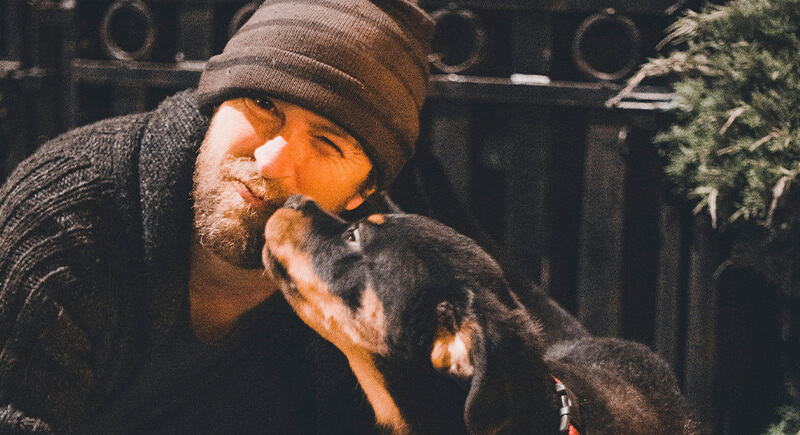
Credit: pexels
Look, nobody’s saying your dog’s kisses aren’t adorable—but if you’re going through cancer treatment, that slobbery affection comes with risks. Bacteria like Capnocytophaga and Pasteurella multocida live in healthy pet mouths but can cause serious infections in folks with weak immune systems. Stick to paw-shakes, toy tug-of-war, and head scratches.
Your Pet’s Vaccines Matter
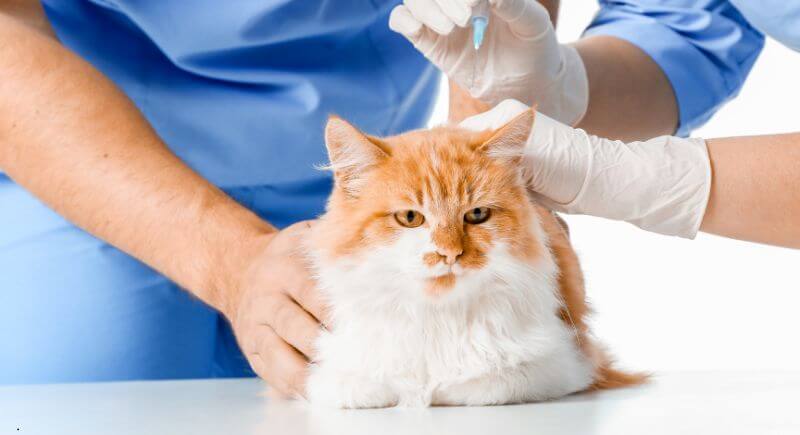
Credit: pixelshot
When you’re navigating cancer treatment, your pet’s vaccine record becomes more than just a vet’s checklist—it’s your first line of defense. Vaccines like Bordetella keep kennel cough away, but heads up—some come with live bugs that can linger. Talk to your doc and your vet—they’ll tag-team your safety like pros.
Skip the Bed Bugs (and Bacteria)
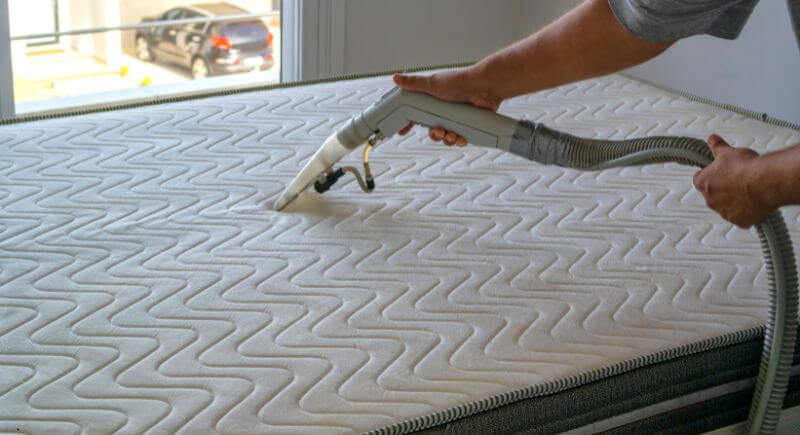
Credit: Getty Images
Letting your pet crash in bed used to be peak comfort—until your immune system hit the snooze button during treatment. One rogue scratch or drooly snore can invite in germs your body’s too tired to fight off. Clean bedding, regular grooming, and some tough bedtime boundaries help keep bacteria out and healing in.
Staying Scratch-Free While Healing
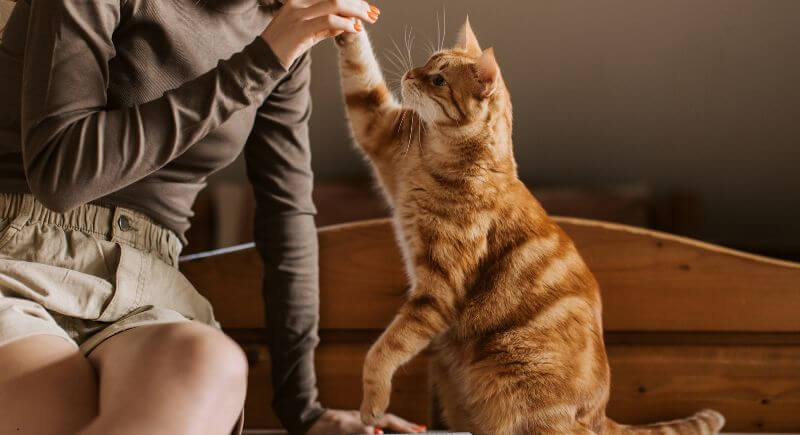
Credit: Corelens
Your cat’s version of affection might include the occasional surprise swipe, and your dog’s love language? A playful chomp. Cute in theory, but when your immune system’s on the ropes, even minor nicks can invite bacteria like Bartonella or Capnocytophaga. Keep those claws trimmed, save the wrestling for Netflix, and treat any scratch like it means business.
Put the Rescue Plans on Pause
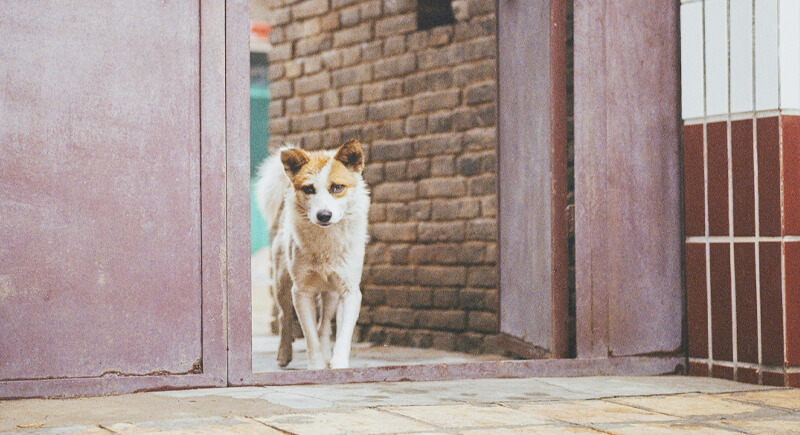
Credit: pexels
Your heart might break at the sight of a stray on your doorstep—but during cancer treatment, rescuing that unknown furball could put your health on the line. Strays come with mystery germs and a suitcase full of stress: fleas, ticks, no shot records, and who knows what behavior quirks. You don’t need another project.
Leave the Dirty Work to Someone Else

Credit: Instagram
Look, taking the dog out or scooping the litter box might feel routine—but during cancer treatment, those potty breaks can drain your energy and expose you to germs. Time to call in backup. Whether it’s a generous friend or CancerCare’s PAW Program, there’s help out there. Let someone else wrangle the poop bags for a while.
Swiping Left on Certain Pets
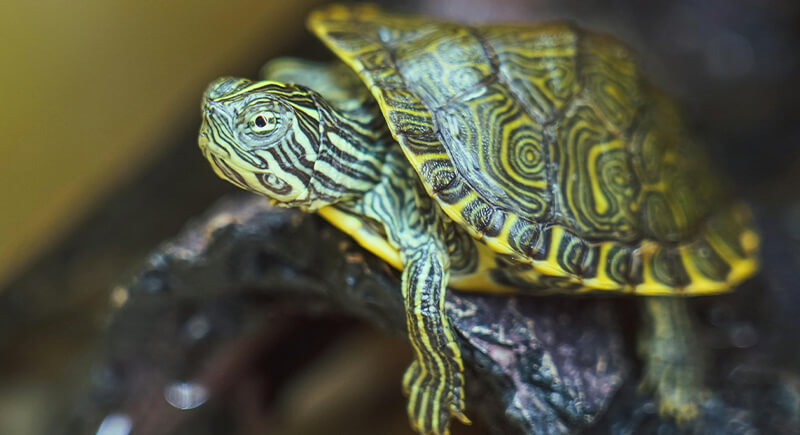
Credit: pexels
As much as you adore that clucking chicken in your backyard or the turtle chilling in a tank, they’re not the best roommates when your immune system’s taking a break. Animals like ducks, rodents, and reptiles often carry germs—Salmonella, Campylobacter, and a few other nasties—that can seriously mess with your recovery.
Schedules Matter Now More Than Ever

Credit: pexels
Cancer treatment may flip your world upside down, but your pet still expects dinner at 5 and playtime on the dot. And honestly? That predictability is a hidden gem. Routines calm pets and ground you. It’s a built-in rhythm when everything else feels chaotic. If you’re feeling wiped, call in reinforcements.
Healing Doesn’t Mean Doing It All

Credit: pexels
Some days, even tossing a ball feels like a full-body workout—and walking a hyper dog would be way too much. When you’re in cancer treatment, even the usual pet duties can drain every ounce of energy. Assign the heavy lifting to someone else, whether it’s your aunt, a neighbor, or a local support service.
Parakeet’s Cage Is Not a Safe Zone
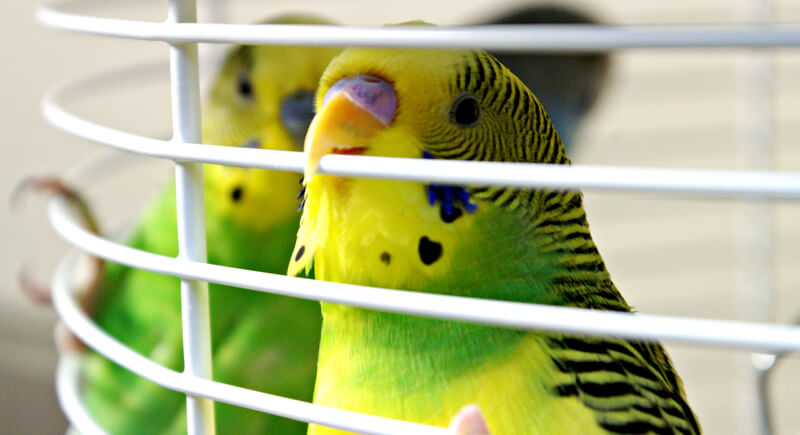
Credit: Wikimedia Commons
Birds may sing like an angel, but their cage can hide some serious trouble. Droppings from parrots, finches, and other feathered friends can carry fungal spores like Cryptococcus and Histoplasma—nasties that mess with your lungs. If you’re stuck doing it solo, gear up like it’s a biohazard scene.
Pet’s Messes Deserve a Middleman
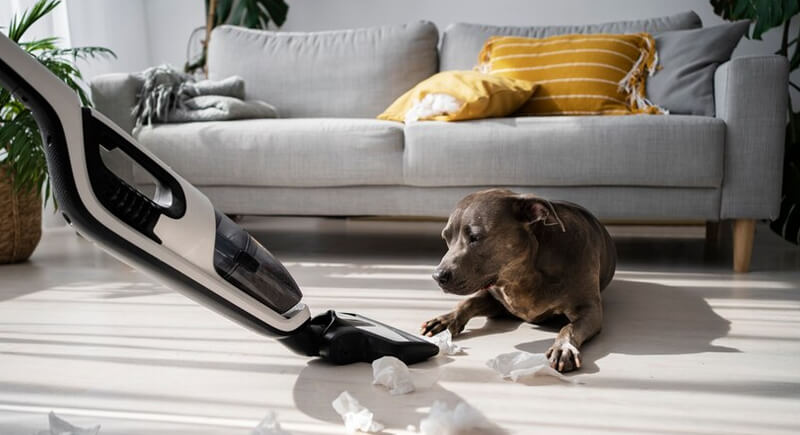
Credit: freepik
One minute you’re navigating cancer treatment like a champ, the next you’re toe-deep in a warm mystery courtesy of your furry roommate. Urine, vomit, and other “gifts” can carry bacteria and parasites. If possible, hand cleanup duty to someone else. Keeping your space clean matters—but protecting your energy and health matters more.
No More Backyard Quests

Credit: freepik
Cats may fancy themselves fearless explorers, but during cancer treatment, it’s best to shut that expedition down. Outdoor prowling ups their chances of picking up parasites like Toxoplasma gondii or mystery wounds from alleyway standoffs. Plus, one vet visit is one too many when you’re already juggling appointments.
Barn Boots Stay at the Door
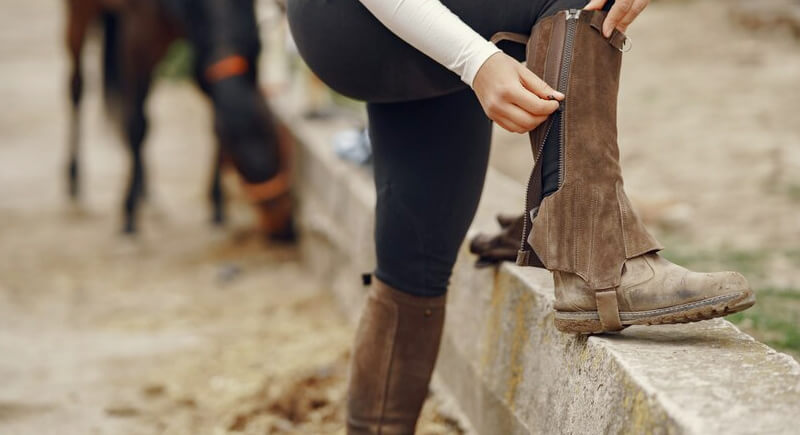
Credit: freepik
If your day includes both chemo and chickens, it’s time to rethink the footwear game. Livestock areas are playgrounds for germs like E. coli and Salmonella, which are great for hitching rides indoors on your shoes. Keep a pair of farm-only shoes and ditch them before stepping inside.
Create Space Without Breaking Hearts
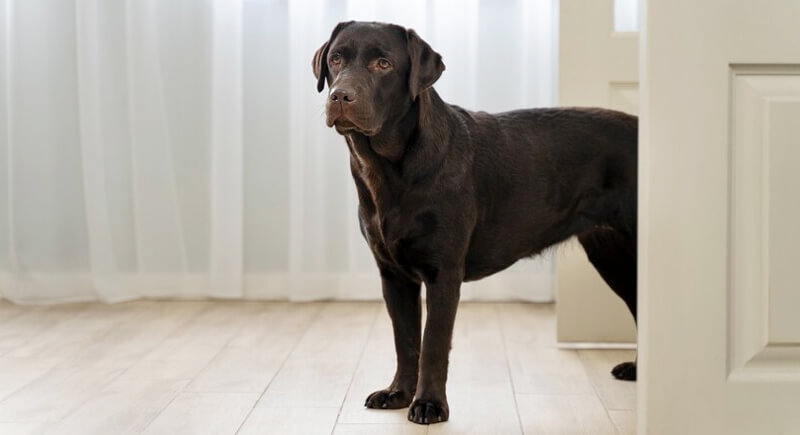
Credit: freepik
Your pet thinks every square inch of your home is fair game—including your pillow, plate, and that perfectly folded blanket. But it’s time to create a no-go zone for rest areas and anywhere food is involved. Create cozy spots for your furry sidekick so you stay protected, they remain pampered, and no one’s hair ends up in your lunch.